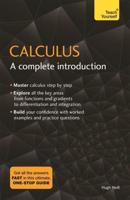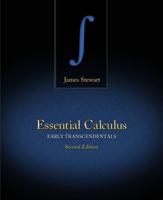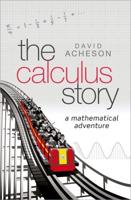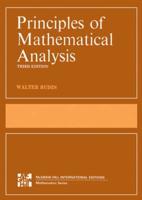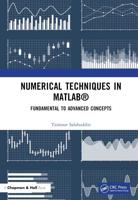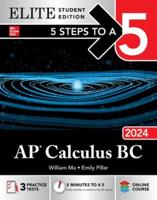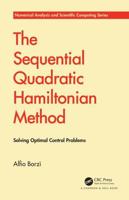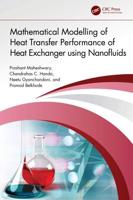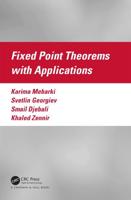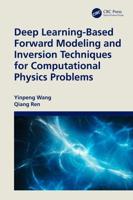Publisher's Synopsis
Functional analysis studies the algebraic, geometric, and topological structures of spaces and operators that underlie many classical problems. Individual functions satisfying specific equations are replaced by classes of functions and transforms that are determined by the particular problems at hand. This book presents the basic facts of linear functional analysis as related to fundamental aspects of mathematical analysis and their applications. The exposition avoids unnecessary terminology and generality and focuses on showing how the knowledge of these structures clarifies what is essential in analytic problems. The material in the first part of the book can be used for an introductory course on functional analysis, with an emphasis on the role of duality. The second part introduces distributions and Sobolev spaces and their applications. Convolution and the Fourier transform are shown to be useful tools for the study of partial differential equations. Fundamental solutions and Green's functions are considered and the theory is illustrated with several applications. In the last chapters, the Gelfand transform for Banach algebras is used to present the spectral theory of bounded and unbounded operators, which is then used in an introduction to the basic axioms of quantum mechanics. The presentation is intended to be accessible to readers whose backgrounds include basic linear algebra, integration theory, and general topology. Almost 240 exercises will help the reader in better understanding the concepts employed. A co-publication of the AMS and Real Sociedad Matematica Espanola (RSME). Table of Contents: Introduction; Normed spaces and operators; Frechet spaces and Banach theorems; Duality; Weak topologies; Distributions; Fourier transform and Sobolev spaces; Banach algebras; Unbounded operators in a Hilbert space; Hints to exercises; Bibliography; Index. (GSM/116)

